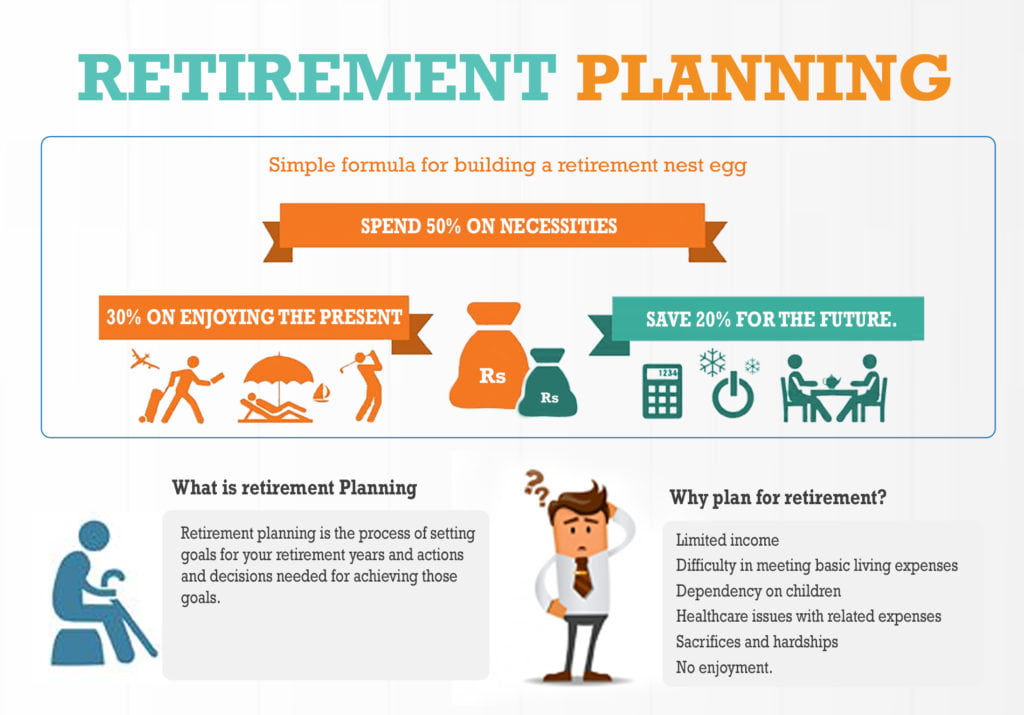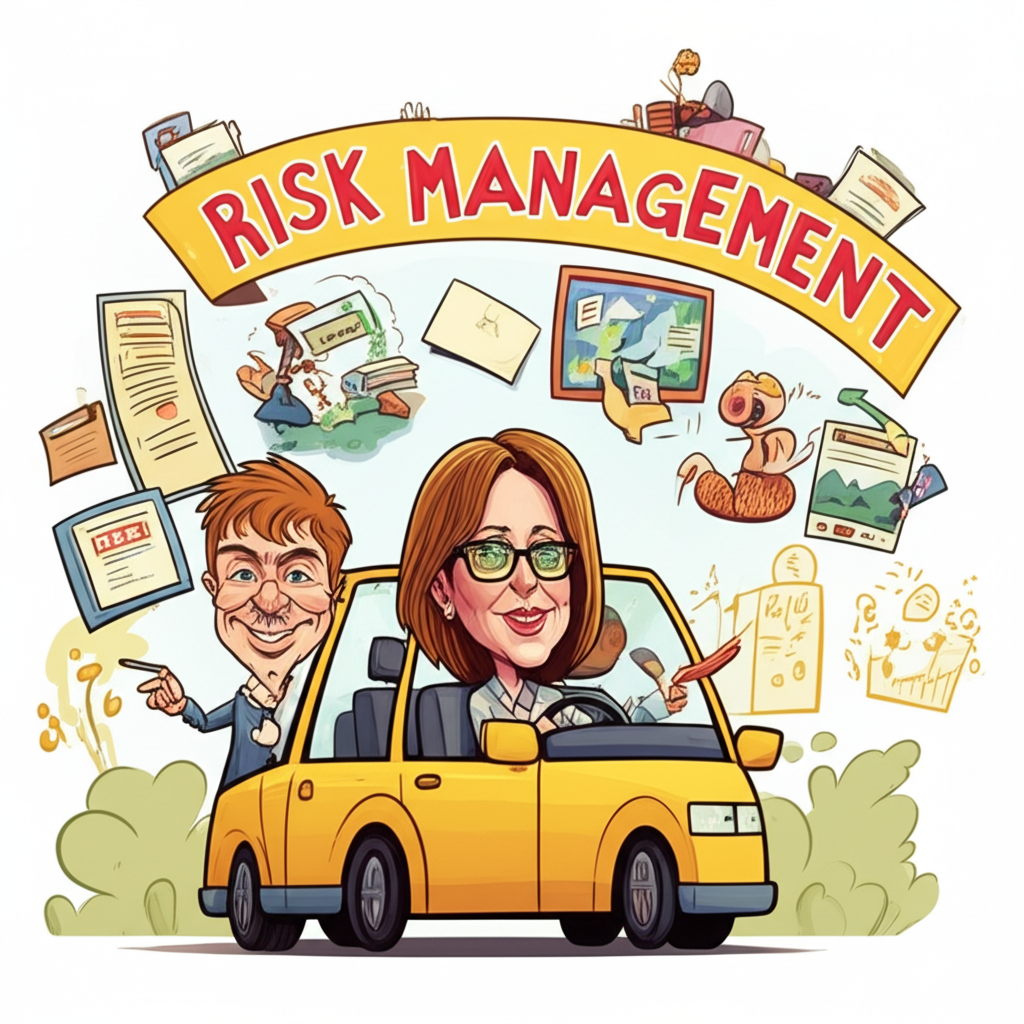
Early Retirement Planning: Strategies & Challenges for a Financially Free Future
The dream of early retirement is powerful: waking up without an alarm, pursuing passions, traveling the world, or simply having more time for what truly matters. It’s no longer just a fantasy for the ultra-rich; with careful planning and smart strategies, achieving financial independence and retiring early is becoming an achievable goal for many.
This comprehensive guide will walk you through the essential strategies for planning an early retirement and shed light on the common challenges you might face along the way. Whether you’re just starting your career or well into it, understanding these principles is the first step towards a financially free future.
What Exactly Is Early Retirement?
Simply put, early retirement means stopping full-time work before the traditional retirement age, which is typically 65 or older. For some, this might mean retiring in their 50s, for others, it’s in their 30s or 40s.
The concept is closely tied to the FIRE movement (Financial Independence, Retire Early). FIRE enthusiasts focus on aggressively saving and investing a large portion of their income (often 50-70% or more) to accumulate enough wealth so that their investments can generate enough income to cover their living expenses. This allows them to "retire" from traditional employment, even if they choose to pursue part-time work, hobbies, or passion projects.
Why Consider Early Retirement?
The motivations behind seeking early retirement are diverse and deeply personal. Some common reasons include:
- More Freedom and Autonomy: The ability to choose how you spend your time, without the constraints of a 9-to-5 job.
- Pursue Passions: Dedicate more time to hobbies, creative projects, volunteering, or learning new skills.
- Improved Health and Well-being: Reduce work-related stress, prioritize fitness, and enjoy a more relaxed lifestyle.
- Spend Time with Loved Ones: Be present for family, friends, and special moments.
- Travel and Exploration: Fulfill lifelong travel dreams without needing to request vacation time.
- Escape the Rat Race: Opt out of the consumeristic cycle and societal pressures.
The Foundation: Essential Steps Before You Begin
Before diving into specific strategies, you need to lay a solid groundwork.
-
Define Your "Why" and "When":
- What does early retirement look like for you? Is it full leisure, or semi-retirement with part-time work?
- When do you realistically want to retire? Having a target age helps immensely with planning.
- What lifestyle do you envision? Will your expenses be higher or lower than now?
-
Assess Your Current Financial Situation:
- Calculate Your Net Worth: This is what you own (assets like savings, investments, property) minus what you owe (liabilities like mortgages, loans, credit card debt). A higher net worth means you’re closer to your goal.
- Track Your Spending: Understand exactly where your money goes. This is crucial for identifying areas to cut back and for projecting your future retirement expenses.
- Know Your Income: How much do you earn, and what are your potential avenues for increasing it?
-
Develop a Clear Financial Goal:
- A common rule of thumb in the FIRE community is to save 25 times your annual expenses. So, if you plan to live on $40,000 per year in retirement, you’d aim for $1,000,000 ($40,000 x 25). This number is based on the "4% Rule" (explained below).
Key Strategies for Early Retirement Planning
Achieving early retirement requires a multi-pronged approach focused on maximizing savings, smart investing, and careful expense management.
1. Aggressive Saving & Investing
This is the cornerstone of early retirement. The more you save and invest, and the earlier you start, the faster your money can grow thanks to the power of compound interest.
- Aim for a High Savings Rate: While traditional advice suggests saving 10-15% of your income for retirement, early retirees often aim for 50% or more. This significantly shortens the time it takes to reach your financial independence number.
- Create and Stick to a Budget: A budget isn’t about deprivation; it’s about intentional spending.
- Track Everything: Use apps, spreadsheets, or notebooks to monitor every dollar in and out.
- Identify Waste: Pinpoint areas where you can cut back without significantly impacting your quality of life (e.g., dining out less, canceling unused subscriptions).
- Automate Savings: Set up automatic transfers from your checking to your savings and investment accounts on payday.
- Prioritize Debt Elimination: High-interest debt (like credit card debt) is a major roadblock to early retirement. Pay it off as quickly as possible. Student loans and mortgages should also be addressed, though opinions vary on accelerating their payoff versus investing.
- Invest Early and Consistently:
- Understand Compound Interest: This is your best friend. It means your money earns returns, and then those returns also start earning returns, leading to exponential growth over time.
- Diversify Your Investments: Don’t put all your eggs in one basket. Invest across different asset classes (stocks, bonds, real estate) and geographies to reduce risk.
- Utilize Tax-Advantaged Accounts:
- 401(k) / 403(b): If your employer offers a match, contribute at least enough to get the full match – it’s free money! These accounts grow tax-deferred until retirement.
- IRA (Individual Retirement Account): Both Traditional and Roth IRAs offer tax benefits. Roth IRAs are particularly attractive for early retirees because qualified withdrawals in retirement are tax-free.
- HSA (Health Savings Account): If eligible, an HSA is a triple-tax advantaged account (tax-deductible contributions, tax-free growth, tax-free withdrawals for qualified medical expenses). It’s often called the "ultimate retirement account."
- Taxable Brokerage Accounts: Once you’ve maxed out your tax-advantaged accounts, use a regular brokerage account. While these don’t offer upfront tax breaks, they provide more flexibility for accessing funds before traditional retirement age.
- Understand the "4% Rule": This guideline suggests that you can safely withdraw 4% of your investment portfolio each year without running out of money, adjusting for inflation. It’s a common benchmark for determining your "FI number."
2. Increase Your Income
While cutting expenses is vital, increasing your income can accelerate your timeline even more.
- Negotiate Raises and Promotions: Regularly assess your market value and advocate for yourself in your current role.
- Develop High-Demand Skills: Invest in yourself through education or certifications to boost your earning potential.
- Explore Side Hustles: From freelancing and consulting to selling products online or driving for a ride-share service, a side hustle can significantly increase your savings rate.
- Develop Passive Income Streams: This is the ultimate goal for many early retirees. Examples include:
- Rental property income
- Dividends from stocks
- Royalties from creative work (books, music)
- Interest from savings or bonds
- Income from an online business that requires minimal ongoing effort
3. Plan for Healthcare
One of the biggest concerns for early retirees in countries without universal healthcare (like the US) is how to afford health insurance before Medicare eligibility (age 65).
- Affordable Care Act (ACA) Marketplace: This is a common solution, offering subsidies based on income.
- COBRA: Allows you to continue your employer-sponsored health plan for a limited time (usually 18 months) after leaving a job, but it’s often very expensive.
- Spousal Coverage: If your spouse continues to work and has a good employer plan, you might be able to join their coverage.
- Geographic Arbitrage: Some early retirees choose to move to countries with lower healthcare costs or universal healthcare systems.
4. Account for Inflation and Market Volatility
Your money needs to last for decades, and its purchasing power can erode over time due to inflation. Market downturns can also significantly impact your portfolio.
- Invest in Growth Assets: Stocks and real estate generally outperform inflation over the long term.
- Maintain Flexibility: Be prepared to adjust your spending in response to market performance. In a downturn, you might reduce your withdrawal rate or take on a part-time job.
- Diversify and Rebalance: Regularly review your portfolio to ensure it aligns with your risk tolerance and goals.
5. Design Your Lifestyle
Early retirement isn’t just about the numbers; it’s about the life you want to live.
- Downsize and Declutter: Reduce housing costs by moving to a smaller home or a lower cost of living area. Sell possessions you no longer need.
- Embrace Frugality: Learn to enjoy life without excessive spending. Cook at home, find free entertainment, and focus on experiences over material possessions.
- "Mini-Retirements": Some people take extended breaks from work before fully retiring, testing out their desired lifestyle and travel plans.
Common Challenges in Early Retirement
While the benefits are immense, early retirement isn’t without its hurdles. Being aware of these challenges can help you prepare for them.
Financial Challenges:
- Underestimating Expenses: It’s easy to forget about occasional but significant costs like car repairs, home maintenance, or unexpected medical bills. Build a buffer into your budget.
- Market Downturns: A significant drop in the stock market early in your retirement can severely impact your portfolio’s longevity (known as "sequence of returns risk").
- Inflation Risk: The cost of living will increase over time. Your investments need to grow enough to outpace inflation.
- Healthcare Costs: As discussed, this can be a massive expense, especially before Medicare.
- Longevity Risk: Living longer than expected is a wonderful problem to have, but it means your money needs to last even longer.
- Tax Planning: Understanding how to withdraw money from different accounts in the most tax-efficient way can be complex.
Non-Financial Challenges:
- Loss of Purpose/Boredom: For many, work provides structure, goals, and a sense of identity. Losing that can lead to feelings of emptiness or boredom.
- Social Isolation: Your social circle might shrink if most of your friends are still working. Finding new communities and activities is crucial.
- Identity Shift: You might introduce yourself as "retired," but what does that truly mean for you? Re-evaluating your identity can be a psychological hurdle.
- Relationship Strain: Spouses or partners might have different ideas about how to spend retirement, leading to friction.
- Keeping Busy: While initially exciting, having unlimited free time can sometimes feel overwhelming without a clear plan or passion projects.
Making It Work: Overcoming Challenges & Staying on Track
Successfully navigating early retirement involves continuous learning, flexibility, and a proactive mindset.
- Maintain Flexibility: Your plan shouldn’t be rigid. Be prepared to adjust your spending, income sources, or even your retirement timeline based on life events or market conditions.
- Cultivate New Interests and Hobbies: Actively seek out new activities, learning opportunities, or volunteer work that gives your life meaning and purpose.
- Stay Connected: Nurture existing friendships and actively seek out new social connections through clubs, classes, or community groups.
- Define Your New "Work": Even if you’re not earning an income, consider what activities will provide structure and a sense of accomplishment. This could be a passion project, volunteering, or even part-time "fun" work.
- Seek Professional Advice: Consider working with a fee-only financial advisor who specializes in early retirement planning. They can help with complex issues like tax strategies, withdrawal plans, and estate planning.
Conclusion
Early retirement is more than just a financial number; it’s a lifestyle choice that offers the promise of freedom and purpose. While the path requires discipline, aggressive saving, smart investing, and careful planning, the rewards can be profound.
By understanding the strategies involved and preparing for the potential challenges, you can confidently embark on your journey towards financial independence and design a life that truly aligns with your deepest desires. Start planning today, and watch your dream of early retirement transform into a tangible reality.




Post Comment